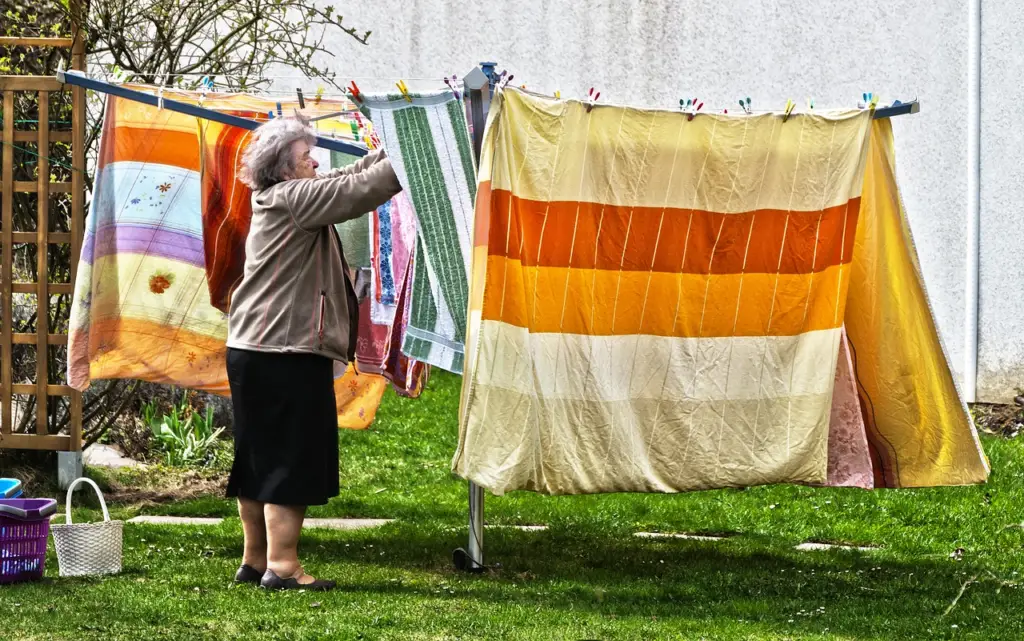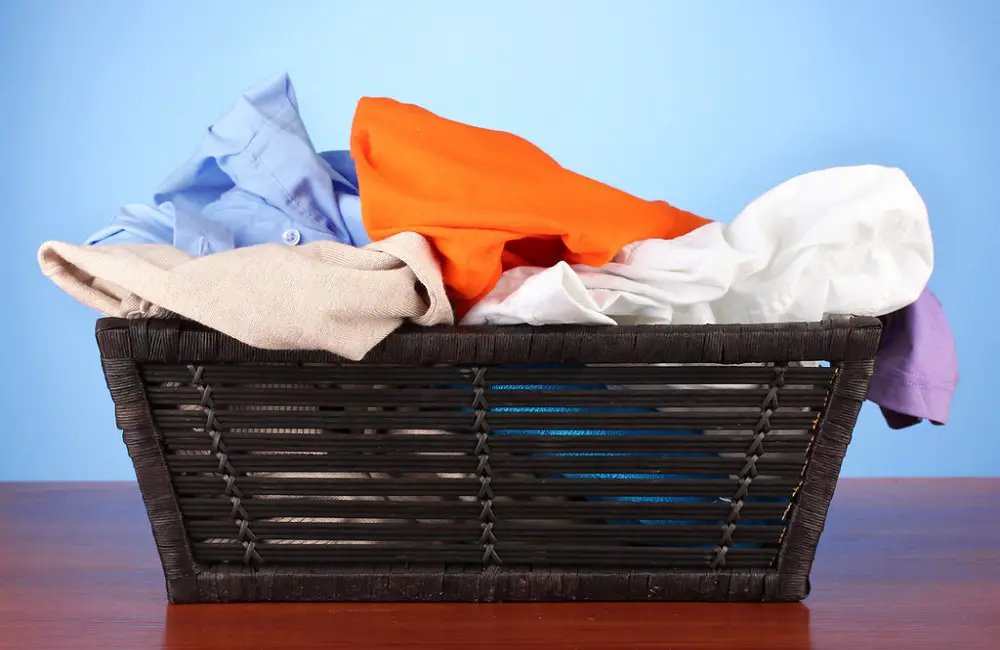Nothing compares to the sensation of wearing clean, soft, and fragrantly newly laundered clothing that keeps you feeling good all day. It’s really disappointing, though, if your clothing smell worse after they’ve been washed than when they were first put in.
You’re not alone if you’ve ever taken out your laundry to discover an unpleasant, sour, or even mildew-like smell. This is a typical problem that many individuals have, but thankfully, there are a few common reasons and simple solutions for this annoying issue.
Common Causes of Bad-Smelling Laundry

- Dirty Washing Machine
- The Problem: Detergent residue, grime, and bacteria can build up in your washing machine over time, particularly in high-efficiency versions that use less water.
- The Fix: Regularly clean your washing machine. To get rid of accumulated residue and bacteria, run an empty cycle with hot water, a cup of white vinegar, or a commercial washing machine cleanser. Don’t forget to clean the detergent dispenser and the rubber door seal.
- Leaving Clothes in the Washer Too Long
- The Problem: If you leave your clothes sitting in the washer after the cycle ends, they can develop a musty smell.
- The Fix: Transfer your clothes to the dryer or hang them up to dry as soon as the wash cycle is complete. If you forget and leave them in there for a while, run another rinse cycle with a bit of vinegar to help refresh them.
- Overloading the Washer
- The Problem: When you cram too many clothes into the washing machine, they can’t move around freely, which means they might not get fully cleaned.
- The Fix: Follow the manufacturer’s guidelines for load sizes. Giving your clothes enough space to move around ensures they get properly cleaned and rinsed.
- Using Too Much or Too Little Detergent
- The Problem: While too little detergent may not clean clothes thoroughly, too much detergent might leave residue on clothing.
- The Fix: Use the right amount of detergent for your load size and the hardness of your water. High-efficiency washers require less detergent, so adjust accordingly.
- Low-Quality Detergent
- The Problem: Some low-cost detergents don’t clean clothes as effectively and might leave behind residues that cause odors.
- The Fix: Invest in a high-quality detergent designed for your type of washing machine. Consider trying different brands until you find one that leaves your clothes smelling fresh.
- Cold Water Washes
- The Problem: While washing clothing in cold water can save electricity, warm or hot water may be more effective in dissolving detergent and killing bacteria and odors.
- The Fix: Use warm or hot water for particularly dirty or smelly loads. For regular loads, ensure your detergent is formulated to work well in cold water.
- Using Fabric Softener
- The Problem: Fabric softeners can leave a residue that traps odors and bacteria.
- The Fix: Skip the fabric softener, or use a vinegar rinse instead. White vinegar helps to remove residues and can naturally soften fabrics.
- Dirty Clothes Hampers
- The Problem: Putting clean clothes into a dirty hamper can transfer bacteria and odors back to your freshly washed clothes.
- The Fix: Clean your laundry hampers regularly and make sure they are completely dry before using them.
Tips for Fresh-Smelling Laundry
- Use Baking Soda or Vinegar
- To eliminate smells and soften clothing, add half a cup of baking soda or white vinegar to your washing cycle. You can make sure your clothing come out smelling fresh by using these natural deodorizers.
- Air Out Your Washer
- Leave the door of your washing machine open when not in use. This allows the interior to dry out completely, preventing mold and mildew growth.
- Use Essential Oils
- Add a few drops of essential oils like lavender or eucalyptus to your laundry. These oils not only smell great but can also have antibacterial properties.
- Dry Clothes Properly
- Make sure your clothes are completely dry before putting them away. Damp clothes can develop mildew and odors. Use a drying rack for items that can’t go in the dryer, and ensure good airflow.
- Clean Laundry Room
- Keep your laundry room clean and dry. Ensure there’s adequate ventilation to prevent moisture buildup, which can contribute to musty odors.
- Replace Washing Machine Hoses
- If your washing machine hoses are old, consider replacing them. Old hoses can harbor bacteria and mildew, leading to bad smells in your laundry.
Long-Term Solutions

If you’ve exhausted all the short cures and your clothing continues to smell, it may be time to consider some long-term repairs:
- Upgrade Your Washing Machine
- If your washer is old, it might be time for an upgrade. Newer models have better technology for removing dirt and odors.
- Water Filtration System
- If your water has a lot of minerals or impurities, it can affect your laundry. Installing a water filtration system can help ensure your water is clean and doesn’t contribute to bad smells.
- Regular Maintenance
- Regular maintenance of your washing machine and dryer is crucial. Follow the manufacturer’s instructions for cleaning and maintenance to keep your appliances in top condition.
Final Thoughts
An annoying problem, bad-smelling laundry can be fixed with a little work and the appropriate methods so you can always wear clean, fresh clothes. Recall that the important thing is to locate the source of the smells and deal with it head-on. These actions can have a big impact on cleaning your washing machine, modifying how much detergent you use, and making sure everything dries properly. Have fun doing the laundry!

